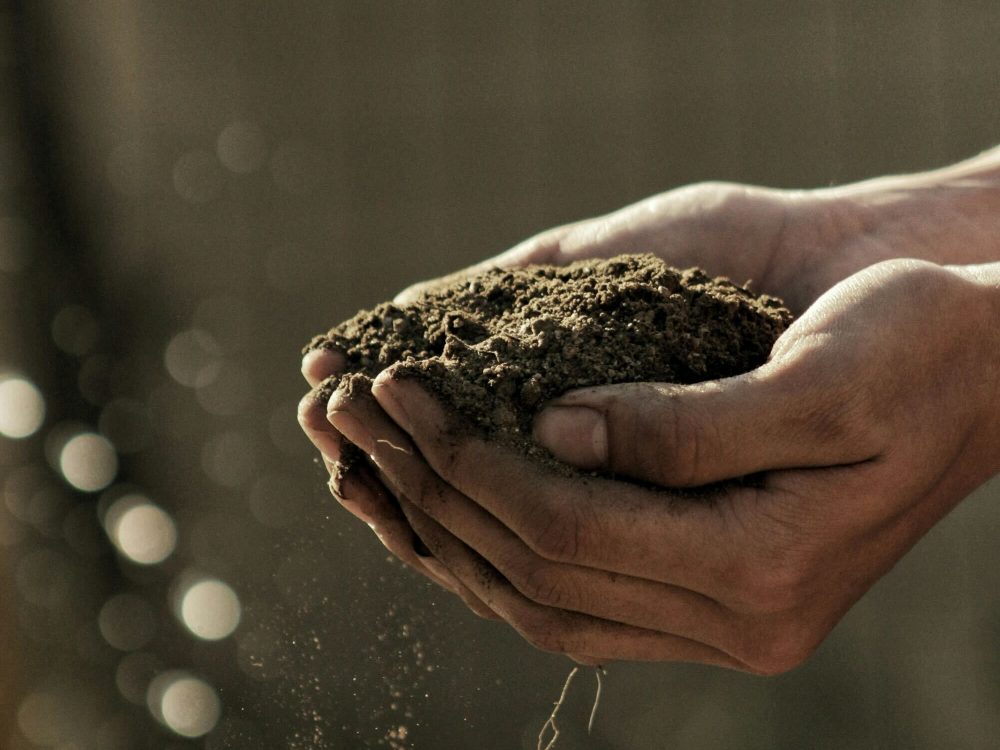Visualizing Information on Seeds Using Technology in Africa (TASAI-VISTA)
The timely availability of high-quality, affordable seeds is critical to improving food security, resilience, and livelihoods for smallholder farmers in Africa. Specifically, monitoring seed systems enables us to diagnose gaps and prioritize needs to ensure food security. 1
Background
Seed systems are the network of actors and institutions that facilitate a farmer’s access to seeds. The formal seed sector focuses on breeding and evaluating improved varieties, as well as producing, processing, and marketing certified seed. In the formal system, these activities and responsible institutions are all defined in the seed law and regulations. 2
Supporting Seed Systems
Since 2019, in partnership with The African Seed Access Index (TASAI), DG through the VISTA program has been working to help decision-makers, public sector, development partners, private sector businesses, and farmers visualize and use data to support a fully functional formal seed system. Currently, TASAI manually collects information on 21 indicators in 20 countries. DG is working to digitize the data collection and validation process through digital survey tools. The collected data will be transformed from traditional narrative reports in PDF into easy-to-understand data visualizations and a publicly accessible dashboard. The dashboard will assess seed quality, availability, accessibility, and price in 16 countries in Africa.
DG is working with TASAI to ensure that the indicators are gender-sensitive and on mapping stakeholders to better understand and meet user needs. Finally, as TASAI is still a newer non-profit organization, DG is advising TASAI on monitoring and evaluation plans, administrative systems, and future funding. By digitizing the data processes, creating an actionable dashboard, and supporting TASAI as the organization grows, DG is working to diagnose information use gaps, ensure a sustainable impact on the larger seed system, and improve the livelihoods of smallholder farmers.
Share
Read More

Building a Sustainable Cashew Sector in West Africa Through Data and Collaboration
Cashew-IN project came to an end in August 2024 after four years of working with government agencies, producers, traders, processors, and development partners in the five implementing countries to co-create an online tool aimed to inform, support, promote, and strengthen Africa’s cashew industry. This blog outlines some of the key project highlights, including some of the challenges we faced, lessons learned, success stories, and identified opportunities for a more competitive cashew sector in West Africa.

Unlocking Africa’s Agricultural Potential: Introducing the Soil Nutrient Roadmap
For over a decade, Development Gateway: An IREX Venture (DG) has been at the forefront of digital agriculture, leveraging agricultural data to support input monitoring, value chain analysis, and farmer-centric governance models. With funding from the Gates Foundation, DG is launching the Soil Nutrient Roadmap (SNR), a cutting-edge initiative using geospatial data to estimate current and future soil and crop nutrient requirements.

Digital Transformation for Public Value: Development Gateway’s Insights from Agriculture & Open Contracting
In today’s fast-evolving world, governments and public organizations are under more pressure than ever before to deliver efficient, transparent services that align with public expectations. In this blog, we delve into the key concepts behind digital transformation and how it can enhance public value by promoting transparency, informing policy, and supporting evidence-based decision-making.